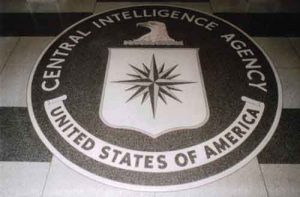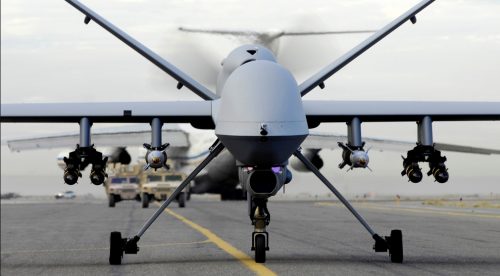
ROME, WASHINGTON — The latest alleged bombshell meant to send shockwaves through the U.S. intelligence community is stoking renewed fears about the ability to secure classified information. But former intelligence officials say, at least for now, it is unlikely the apparent leak will do significant damage to U.S. cyber capabilities.
The online whistleblower organization WikiLeaks Tuesday published thousands of pages of what it described as “the entire hacking capacity” of the U.S. Central Intelligence Agency.
VOA was unable to independently verify the authenticity of the 8,771 documents published on the WikiLeaks website, but cybersecurity experts and former intelligence officials said many of the documents appeared to be real.
In a statement, WikiLeaks said the CIA “lost control of the majority of its hacking arsenal.” The group added the spy agency’s cybertools had been disseminated among some former U.S. government hackers and that one then shared them with WikiLeaks.
A U.S. intelligence official, speaking on the condition of anonymity, told VOA that a CIA contractor is suspected of being the source of the leak.
Scramble to find leak
Another recently retired U.S. intelligence official told VOA that the CIA is scrambling to find out who leaked the trove and how.
“Langley is in full damage assessment mode,” he said.
U.S. lawmakers are, likewise, alarmed.
“This is early on into the investigation but these appear to be very, very serious,” House Intelligence Committee chairman Devin Nunes, a Republican, told reporters late Tuesday. “We are extremely concerned and we are following it closely.”
Some of the WikiLeaks documents describe how the CIA sought to exploit so-called “zero-days” — undetected flaws in the software that runs smartphones such as Apple’s iPhone and Google’s Android. Electronic devices that run Microsoft’s Windows were also targeted.
According to the documents, CIA hackers discovered some of the vulnerabilities on their own. Others were sold to the CIA by third parties.
There allegedly was also collaboration with other intelligence agencies.
In one program, dubbed “Weeping Angel,” the U.S. and Britain’s MI-5 security service agency worked to secretly turn on so-called smart televisions made by Samsung in order to turn them into listening devices.[xyz-ihs snippet=”Adsense-responsive”]Like their U.S. counterparts, British officials refused to confirm or deny the charges.
“It is longstanding policy that we do not comment on intelligence matters,” a British government spokesperson said.
“I think this is pretty legitimate,” said Alex McGeorge, the head of Threat Intelligence at Immunity Inc., a security firm that works with major companies, financial institutions and government agencies.
“There are some techniques that are very specific,” he said. “This is years of development and trade craft and work.”
Pages: 1 2







